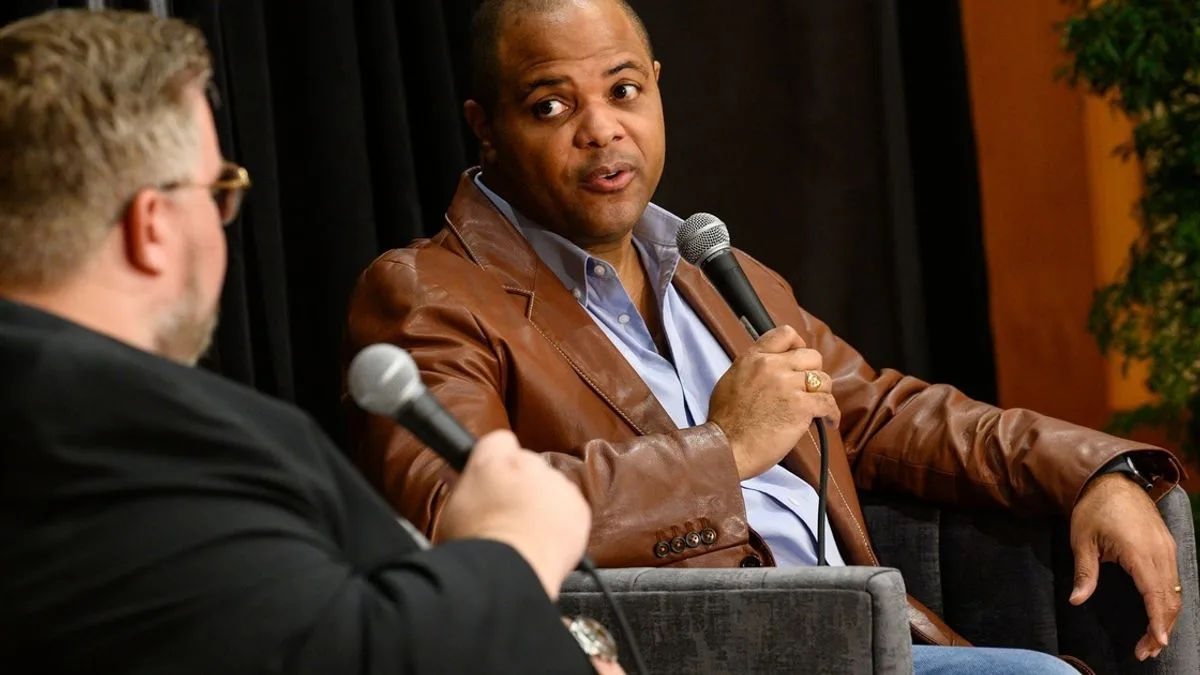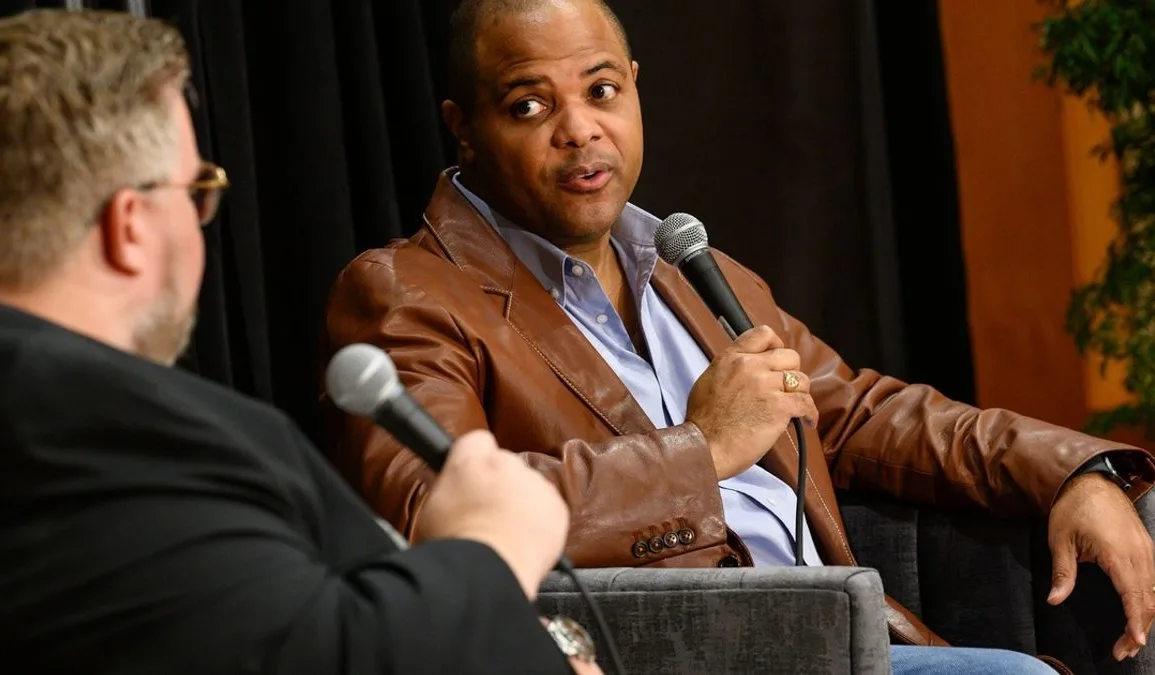
Imagine, if you will, the stir that erupts in a community when a prominent figure does the unexpected. Dallas Mayor Eric Johnson, in a candid conversation on the ‘Verdict with Ted Cruz’ podcast, recently shared the whirlwind of reactions that followed his public switch from the Democratic to the Republican Party. This move, encapsulated in a September 2023 Wall Street Journal op-ed, has been nothing short of a seismic shift in the landscape of American politics, particularly within the African American community.
A Cultural Awakening
Johnson’s upbringing in a non-political, faith-oriented household painted the Democratic Party as a cultural default for many African Americans. Yet, over time, a disconnect between his personal values, emphasizing personal responsibility, and the party’s rhetoric, became increasingly apparent. Johnson’s narrative is a compelling account of a journey towards alignment with ideologies that he believes best represent his life story and aspirations for Dallas. In his own words, the focus on lowering taxes and prioritizing public safety starkly contrasts with calls to defund the police, a stance that has sparked considerable debate across the nation.
The Backlash and Beyond
The mayor’s decision was met with immediate backlash, including distraught calls from friends and family. The emotional toll of such a transition cannot be understated, highlighting the deeply ingrained political identities that often define American social circles. Johnson’s experience sheds light on the broader implications of political affiliation, especially amongst African American politicians who defy conventional expectations. Despite the challenges, Johnson stands firm in his belief in the power of personal effort and the opportunities it can create, challenging the narrative that external factors solely determine one’s success or failure.
Looking Ahead
As Dallas navigates this new chapter under Mayor Johnson’s leadership, the conversation around political identity, party affiliation, and personal beliefs in the African American community is likely to evolve. Johnson’s switch raises pertinent questions about the diversity of thought within political parties and the potential for more inclusive dialogues that transcend traditional party lines. While the road ahead is undoubtedly filled with challenges, Johnson’s story offers a glimpse into the complexity of political identity and the potential for change in pursuit of alignment with one’s values and beliefs.


